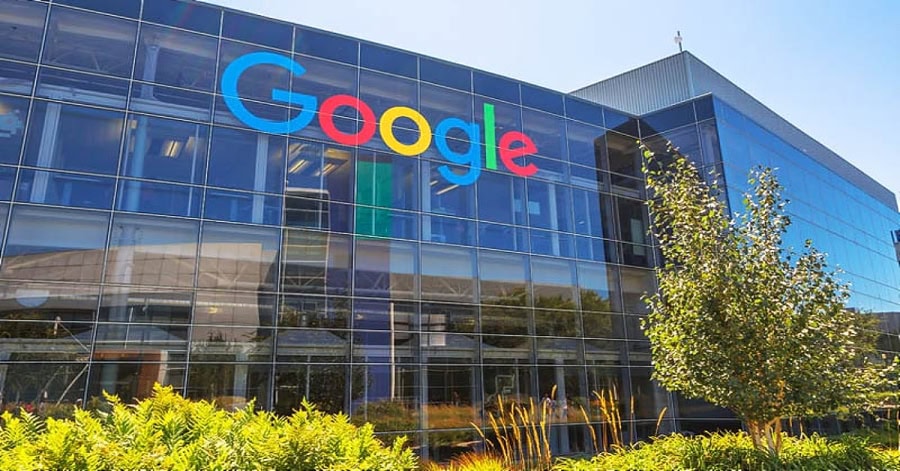Google and the US Justice Department locked horns in court on Friday, over claims that the Al-phabet unit unlawfully schemed to dominate search advertising. This occured during closing arguments in a case that the government contends has the potential of shaping the future of the internet.
District Judge in Washington, Amit Mehta grilled both sides with questions, probing whether competitive platforms such as ByteDances TikTok and Metas Facebook and Instagram, are indeed competitive substitutes for search advertising dol-lars.
Mehta termed platform substitutability for ad-vertisers ‘a central issue’ that the court must resolve. He now prepares to render a major decision in coming months, on whether Google’s conduct broke antitrust law.
The judge analysed whether Google assesses competitors pricing, before making its own adjust-ments. Google’s advertising business is responsible for about three quarters of its total revenue.
US government counsel, David Dahlquist ar-gued that advertising revenue is the driving force behind Googles monopoly power, today.
Google boasted it has no real market pressure, Dahlquist said, arguing that the company has no fear of increasing its pricing and/or not improving its products. Only a monopolist can make a product worse and still make more money, Dahlquist argued.
Googles counsel, John Schmidtlein, countered the assertion that Googles share of U.S. digital advertising revenue has steadily decreased. He touted the advertising power of rival platforms ByteDance’s TikTok, Metas Facebook and Instagram, and Amazon.
Schmidtlein argued that Google is constrained by rival platforms “where the eyeballs are”, given advertisers are aware of overlapping audiences and have the ability spend (their) dollars aside from Google.
He also asserted that Google was continuously moving towards innovation for its search advertis-ing products. If Google is a monopolist, why im-prove anything? Why not just jack the price up?, he stated before a bench of the court.
Witnesses from Verizon, Android maker Sam-sung Electronics and Google itself testified about the company’s annual payments being $26.3 billion in 2021, to ensure that its search engine is the default on smartphones and browsers, and to keep its dominant market share.
Mehta was poised to take up the government’s claim on Friday (yesterday), that alleges Google intentionally destroyed internal documents, relevant to matters cited in the lawsuit. The government wants Mehta to presume that Google deleted chats, deemed unfavorable to the company.
Google has defended its data preservation practices, calling them reasonable, and urged the court not to sanction the company.
The court is not expected to issue an oral ruling at the conclusion of the argument.
This case, filed by former President Donald Trump’s administration, was the first of five aimed at reining in the market power of ‘big-tech’. The second against Facebook’s parent company Meta, too, was filed during the Trump administration. President Joe Biden’s antitrust enforcers have followed suit with a second case against Google and cases against Amazon.com and Apple Inc.—AFP










